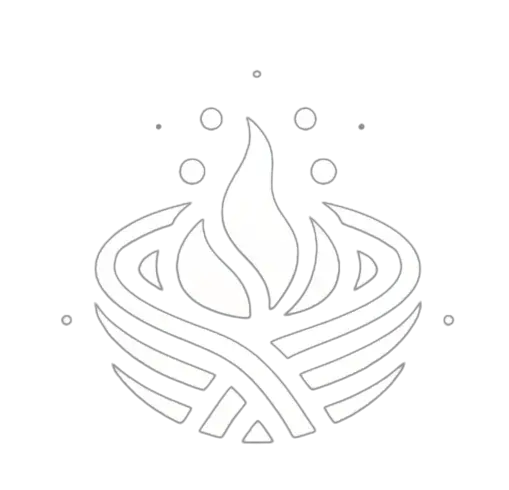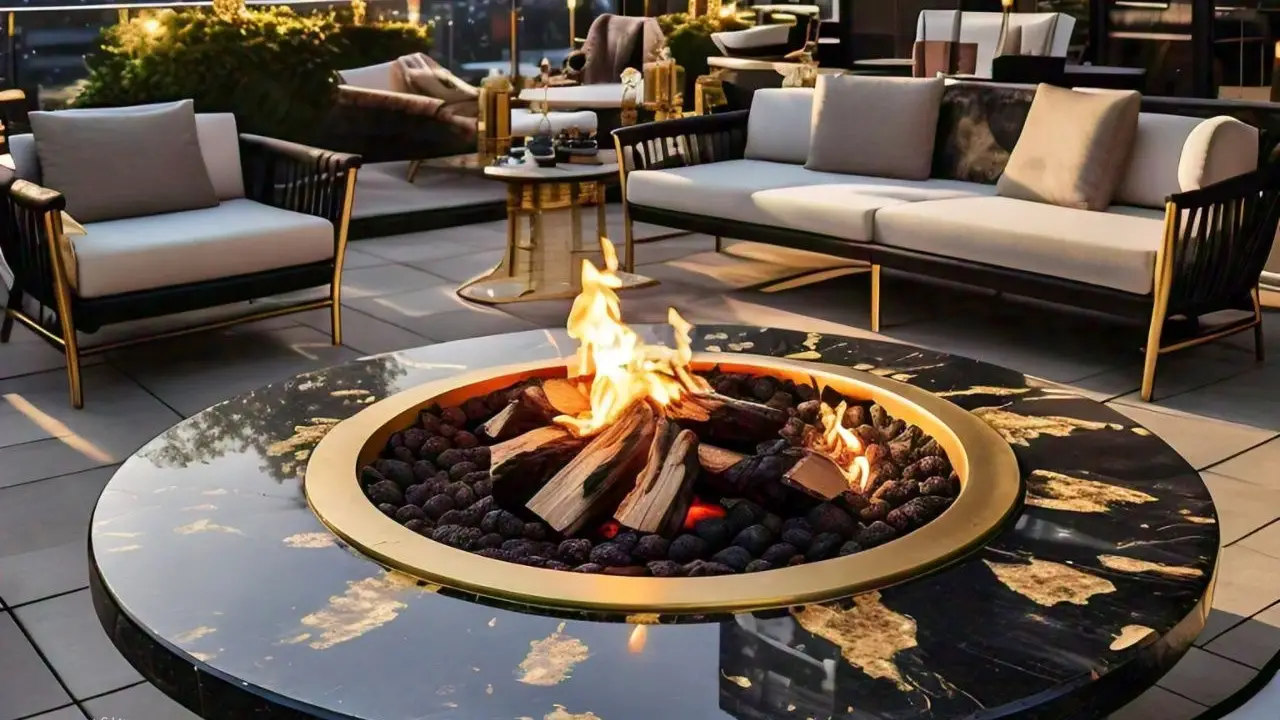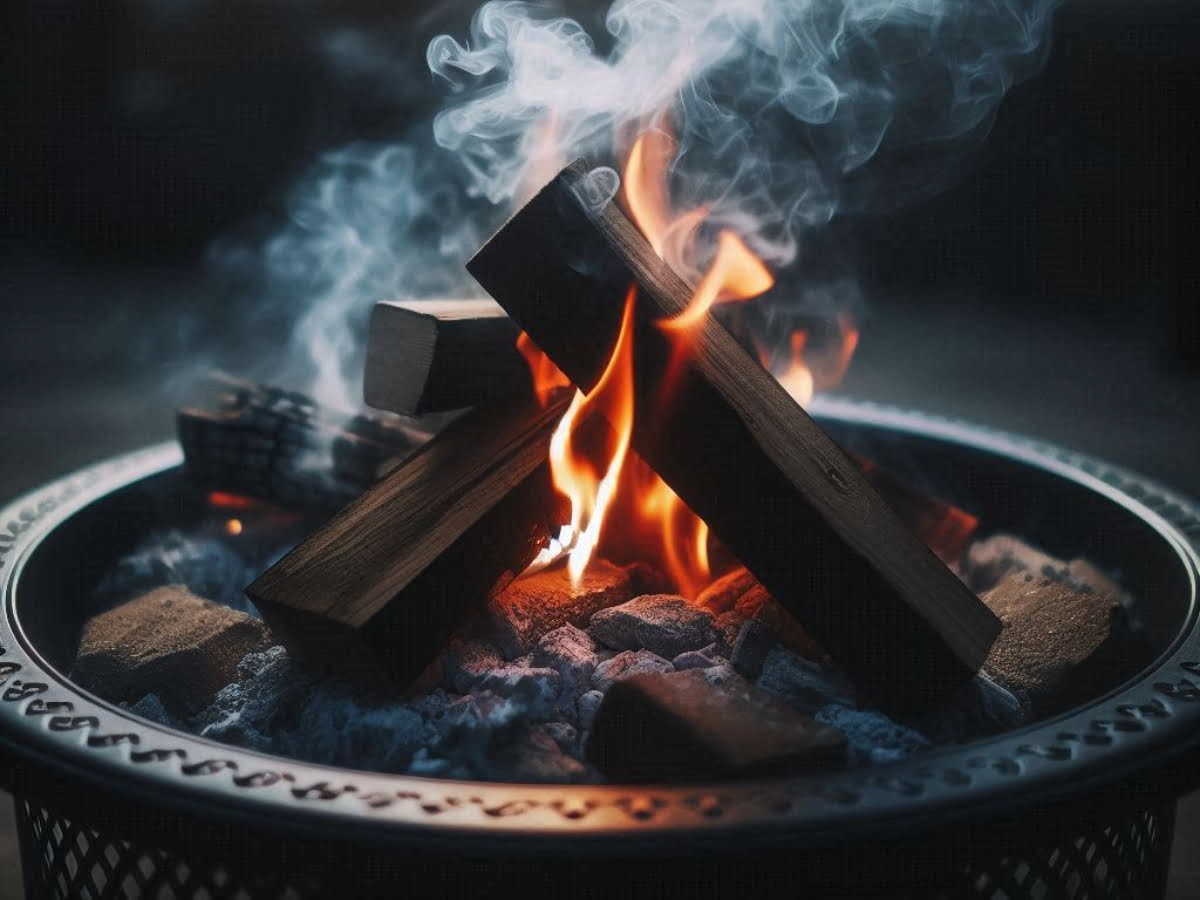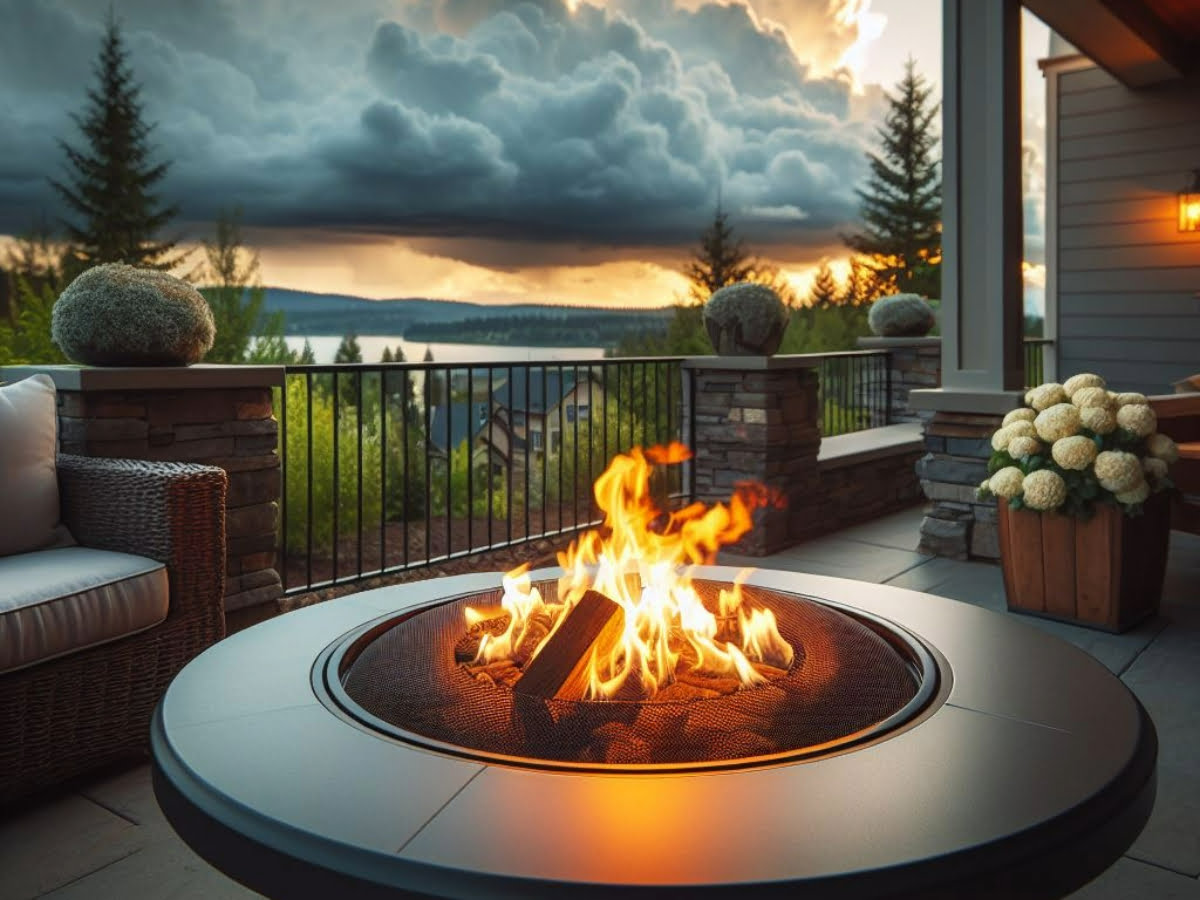
Outdoor gatherings by the fire are now an important element of any backyard. Propane fire pits are especially easy to move and use, giving you immediate warmth and aesthetic appeal at the push of a button. However, as with any great feature, you might wonder, do propane fire pits need to be covered? In this guide, we’ll go over what a propane fire pit cover does and why you might want one. Learn how to best protect your fire pit from exposure while keeping your patio safe and your feature looking clean. Find out if you might want to invest in a cover to keep your heat-generation machine in tip-top shape for years to come.
do propane fire pits need to be covered?
Propane fire pits, fundamentally, do not have to be covered. However, covering them is a good idea. It keeps them safe from heavy rains or snow, thus, prolonging their life. It also prevents dirt and debris from clogging the gas line. Additionally, covering enhances safety, particularly around pets and children. Nonetheless, covering your propane fire pit is an option. It’s not entirely necessary, but it’s intelligent.
Reasons For Covering Propane Fire Pits
1. Protection from the Elements
Propane fire pits have tough construction, but that does not mean they are immune to the wrath of Mother Nature. Over time, exposure to the outside elements, such as rain, snow, or scorching heat, can begin to compromise the overall condition and performance of your fire pit. One of the primary advantages of covering your propane fire pit is the protection it provides against harsh environmental elements. For example, if water is exposed to metal components for an extended period, it can cause rust and corrosion to develop, tarnishing the look and functionality of your fire pit. In addition, sunlight can lead to the gradual fading and warping of materials. By investing in a high-quality cover, you are placing a protective layer that keeps these elements at bay, allowing your propane fire pit to last longer.
2. Prevention of Debris Buildup
A propane fire pit cover also helps keep your fire pit free from leaves, twigs, and other debris that can enter the burner and ignition system and cause clogs. And, it goes without saying that a lot of leaves in your fire pit can put a damper on the aesthetics during a party. So, by keeping your fire pit covered when not in use, you’re preventing anything other than propane from infiltrating its components.
3. Enhanced Safety
Safety is arguably one of your top priorities when it comes to outdoor fire features, especially when you have kids or pets in the home. An open flame can be a big hazard, leading to anything from accidental burns to more serious injuries. Additionally, kids and pets may be attracted to the fire, making contact and causing severe accidents. With that said, using a propane fire pit cover will help protect against unwanted access to dangerous flames and hot surfaces. So, you can take a breath of fresh air knowing that your backyard is a safe place for all of your family members.
4. Simplified Maintenance
Maintaining a propane fire pit means you’ll have to do things periodically to keep it working well for years to come. But covering fire pit when not in use can make this significantly less of a headache. Covering not only keeps dust and dirt from settling on the surface and needing to be cleaned off of it regularly, but it also keeps environmental contaminants from harming sensitive parts like the burner and the ignition system. Buying a cover that is easy to remove and clean will make caring for your propane fire pit as simple as turning a key on your car.

When to Cover Propane Fire Pits
1. During Inclement Weather
While propane fire pits are designed to withstand weather elements, you should still be cautious of leaving them in extreme conditions for extended periods of time. Rain, snow, and temperature extremes can all cause issues with the function and lifespan of your fire pit if it is left outside without protection. You should cover your fire pit especially when it is raining and snowing. Water is the biggest threat to a propane fire pit as it will get into the burner and ignition system and destroy them. If the water sits for a long time then the components will begin to corrode and rust. This will weaken the components and there is a chance that they may break in the future. Preventing water from getting into the fire pit now will prevent any malfunctions from occurring in the future.
2. When Not in Use
Even in mild conditions, you should cover your propane fire pit when it is not being used. When it sits outside for the season, it is susceptible to dust and debris in the environment. It is good to keep the fire pit covered when it’s not in use to prevent the accumulation of dust and debris. Outdoor spaces have a lot of airborne particles floating around and these will settle into the surface over time. This is not only dirty and unsightly, but it may also prevent the fire pit from lighting in some circumstances. It will also make your fire pit less appealing to look at over time. There are multiple benefits to covering your fire pit when it is not in use. Adding this simple step to your outdoor routine will keep your propane fire pit in better condition for longer and help it perform better.
3. Long-Term Storage
If you’re not going to be using your propane fire pit in the off-season or for months on end, proper storage is critical. There are a few things you should do to prepare your propane fire pit for storage. First, you have to give the fire pit a good cleaning to remove any remaining debris, ashes or residue. After you’ve cleaned it, check the propane tank and connections for signs of damage or wear and address any issues accordingly. Finally, use a durable, weather-resistant cover to shield it from dust, moisture and other outdoor elements. You should also store your covered fire pit in a dry area, such as a shed or garage, that offers protection from direct sun and extreme temperatures.
Proper Covering Techniques
1. Choosing the Right Cover
Selecting the proper cover is vital for protecting your propane fire pit as long as possible. When deciding on a cover, here are a few things to keep in mind. Choose a cover that has been designed specifically for a fire pit. Covers that have been made for this piece will be sized correctly and will be less likely to pull away from the pit in the wind. Choose a cover that is made of a durable material that is able to withstand a variety of weather conditions. The material should be able to stand up to heavy rain, high winds, and temperatures above and below freezing. Polyester and vinyl are two materials that provide good protection. Select a cover that has the correct size for the fire pit. A cover that is too tight or too loose will not provide as much protection as a cover that fits snugly. Many covers come with straps that can be tightened or drawstrings to hold the cover in place. Choose a model that has adjustable straps or a drawstring to hold it in place and prevent it from blowing around.
2. Ensuring Proper Ventilation
Covering the fire pit can keep it dry, but it is important to allow for some ventilation so that moisture does not build up under the cover. Moisture can cause mold and mildew to grow, and it accelerates the rusting process, although it can be found in metal parts and components. There can also be some rust on the fire pit. Closed designs can help protect the fire pit from moisture and pests. Look for an option that features mesh side panels or ventilation holes. These allow for airflow that will dry out the fire pit and keep air from becoming trapped inside. If your cover doesn’t have any kind of ventilation and there is no way to add ventilation, you can add airflow by placing a slightly elevated object under the cover. A small ball or a wood block will create a small lift to create some ventilation. When you look for a cover, make sure it is well-ventilated. By selecting a cover with ventilation, you can properly protect your propane fire pit from the elements while reducing the likelihood of a moisture-related issue from occurring.
3. Safety Considerations
While it is unlikely that too much rain falling into the fire pit can cause a leak, there are several other safety precautions you should consider before covering your propane fire pit. As always, it is important to make sure that your propane fire pit is completely cooled off before you cover it. Propane fire pits retain heat for quite a while, so if you have a cover that goes directly over the fire pit, you want to make sure there is enough cooling time between use and covering. Fire pit covers are designed to contain propane fire pits while operating or not, but it is smart to check your propane tank and connections before covering up the fire pit. If there is any hint of a propane gas smell or leak, call the pros right away. Ultimately, it is important to consider the safety of the device and the cover that will be covering it. Weighing your buying options will dictate the type of cover you seek out. With the proper cover, you can rest easy knowing you have taken the right steps to protect both your propane fire pit and the great outdoors.









